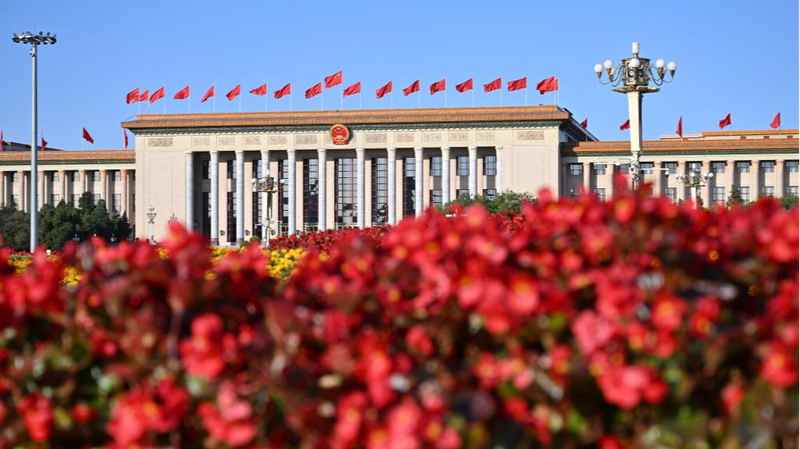China has taken a major step to solidify its economic framework by passing the nation's first-ever private sector promotion law, a move set to empower businesses and strengthen economic resilience. The legislation, approved by the Standing Committee of the National People's Congress on Wednesday, will officially take effect on May 20, 2024.
The new law signals a strategic emphasis on nurturing private enterprises, which contribute over 60% of the Chinese mainland's GDP and more than 80% of urban employment. Analysts describe this as a stabilizing measure amid global economic uncertainties, reinforcing Beijing's commitment to innovation-driven development.
'This legislation creates a clearer roadmap for market participation and legal protections for private businesses,' said Li Wei, an economist at Beijing's Tsinghua University. 'It addresses long-standing concerns about market access and competition fairness, which could unlock significant investment potential.'
The timing aligns with China's push for technological self-reliance and sustainable growth. Observers note the law's potential to enhance cross-sector collaboration between state-owned enterprises and private innovators, particularly in emerging fields like green energy and AI.
For international investors, the development underscores opportunities in Asia's largest economy. The law's implementation is expected to streamline regulatory processes and improve intellectual property safeguards—key factors for multinational corporations considering expansion.
As the world's second-largest economy pivots toward high-quality development, this legal framework positions China's private sector as a cornerstone of its 2025 modernization goals. Market watchers anticipate ripple effects across regional supply chains, particularly in Southeast Asia's manufacturing hubs.
Reference(s):
cgtn.com








